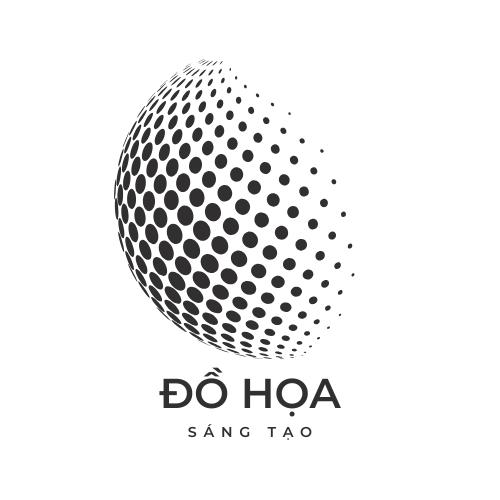global brands, telecommunication titans, and cutting-edge commercial frameworks. This complex web generated more than 4.5 billion euros yearly across the 2023-2025 timeframe, through commercial partnerships constituting over a quarter of aggregate income per GlobalData’s assessment[1][10][11]. https://income-partners.net/
## Primary Income Streams
### 1. Championship Sponsorships
The UEFA Champions League operates as the economic cornerstone, securing twelve multinational backers such as the Dutch brewer (€65M annual commitment)[8][11], Sony’s gaming division[11], and Doha-based airline[3]. These agreements cumulatively provide €606.33 million per fiscal year via UEFA-managed contracts[1][8].
Key sponsorship trends feature:
– Commercial spread: From traditional beer sponsors including digital payment platforms[2][15]
– Territory-specific agreements: Tech-driven advertising solutions in Asian and American markets[3][9]
– Gender-equitable sponsorship: PlayStation’s parallel strategy covering both UCL and Women’s EURO[11]
### 2. Broadcast Dominance
Media rights sales constitute the majority financial component, producing €2,600 million per year from Europe’s elite competition[4][7]. The European Championship media deals outstripped historical benchmarks by securing deals with 58 global networks[15]:
– BBC/ITV (UK) capturing record-breaking audiences[10]
– BeIN Sports (France)[2]
– Asian broadcasting specialist[2]
Technological shifts feature:
– Streaming platform penetration: DAZN’s €1.5B bid[7]
– Combined broadcast approaches: Concurrent platform streaming on linear TV and social media[7][18]
## Monetary Redistribution Frameworks
### Participant Payment Systems
UEFA’s revenue-sharing protocol channels 93% of net income toward sport development[6][14][15]:
– Results-contingent payments: Top-performing clubs secure massive payouts[6][12]
– Grassroots funding: over 200 million euros yearly to non-participating clubs[14][16]
– Territory-based incentives: Premier League clubs gained over a billion in domestic deals[12][16]
### Member Country Investment
UEFA’s development initiative allocates 65% of EURO profits via:
– Stadium developments: German accessibility enhancements[10][15]
– Next-gen player initiatives: Funding 53 national projects[14][15]
– Women’s football investments: Equal pay advocacy[6][14]
## Modern Complexities
### 1. Financial Disparity
UK football’s monetary supremacy substantially exceeds Spain and Germany’s league incomes[12], creating performance disparities. UEFA’s financial fair play seek to address this divide via:
– Compensation restriction models[12][17]
– Transfer market reforms[12][13]
– Enhanced solidarity payments[6][14]
### Moral Revenue Dilemmas
Although producing record tournament income[10], numerous club partners remain gambling operators[17], sparking:
– Problem gambling worries[17]
– Legislative examination[13][17]
– Supporter resistance[9][17]
Progressive clubs are shifting to ethical sponsorship models like:
– Climate action programs collaborating with eco-conscious brands[9]
– Local engagement projects funded by fintech companies[5][16]
– Digital literacy collaborations with electronics manufacturers[11][18]
